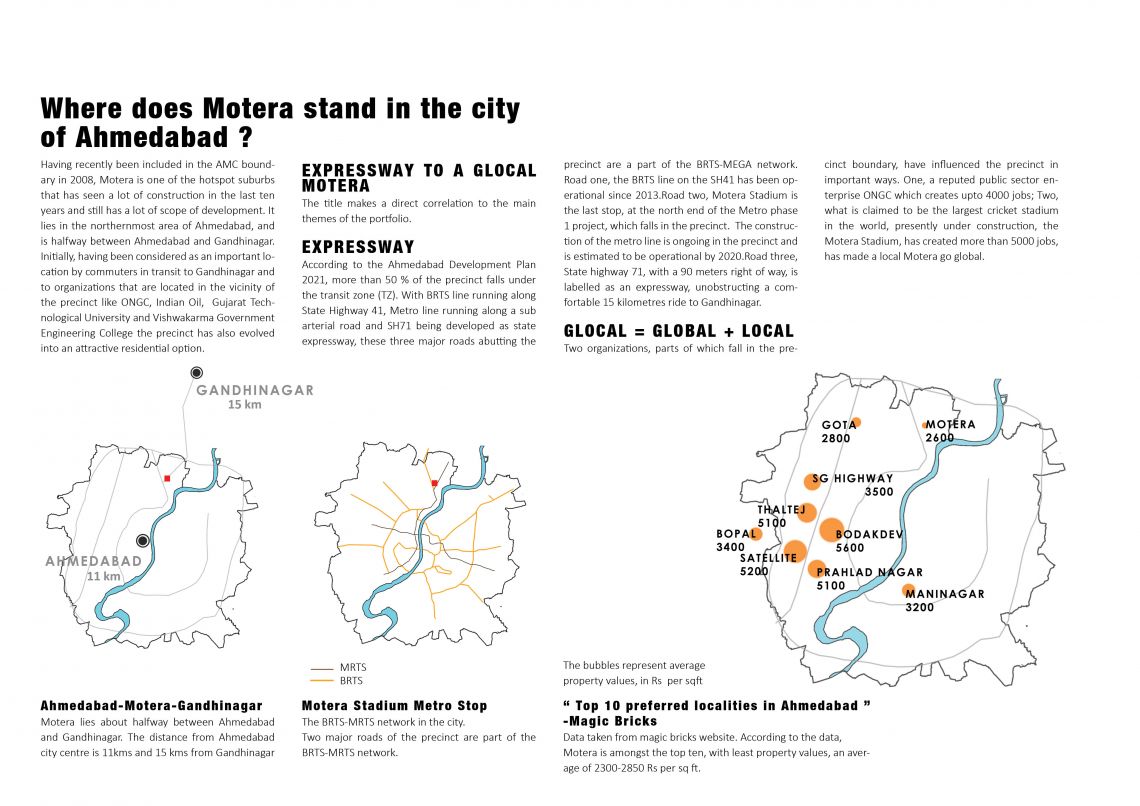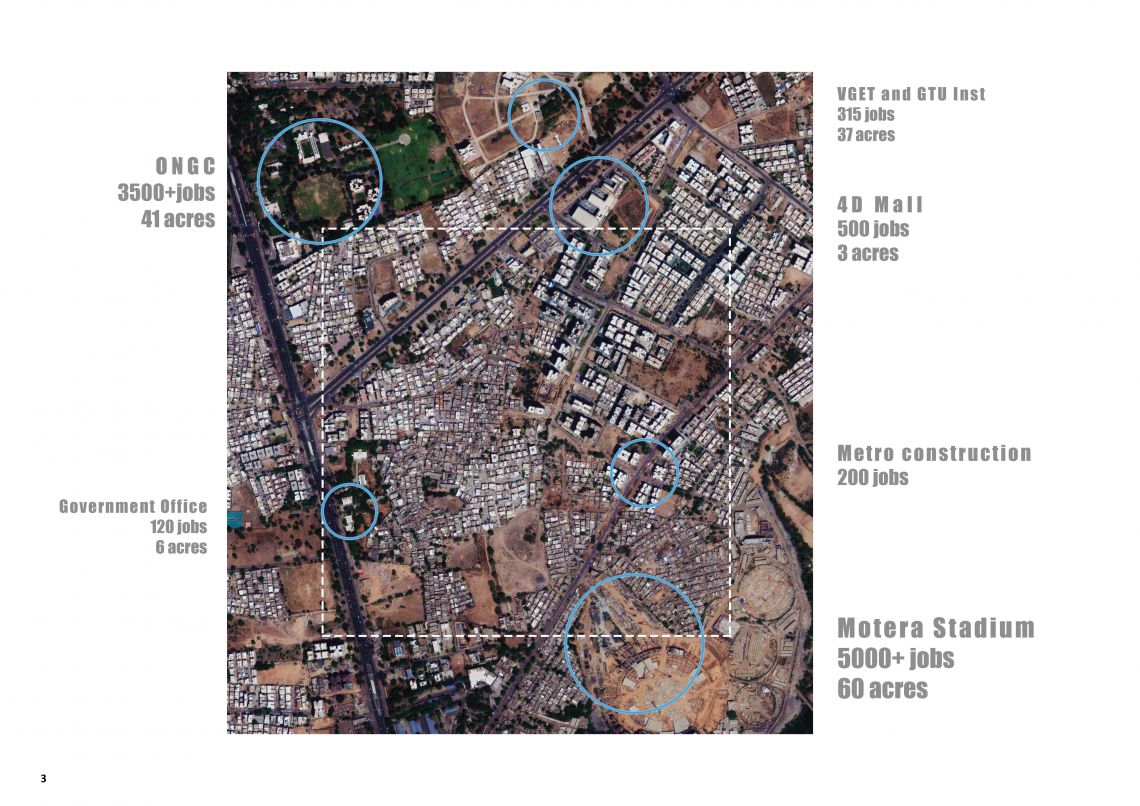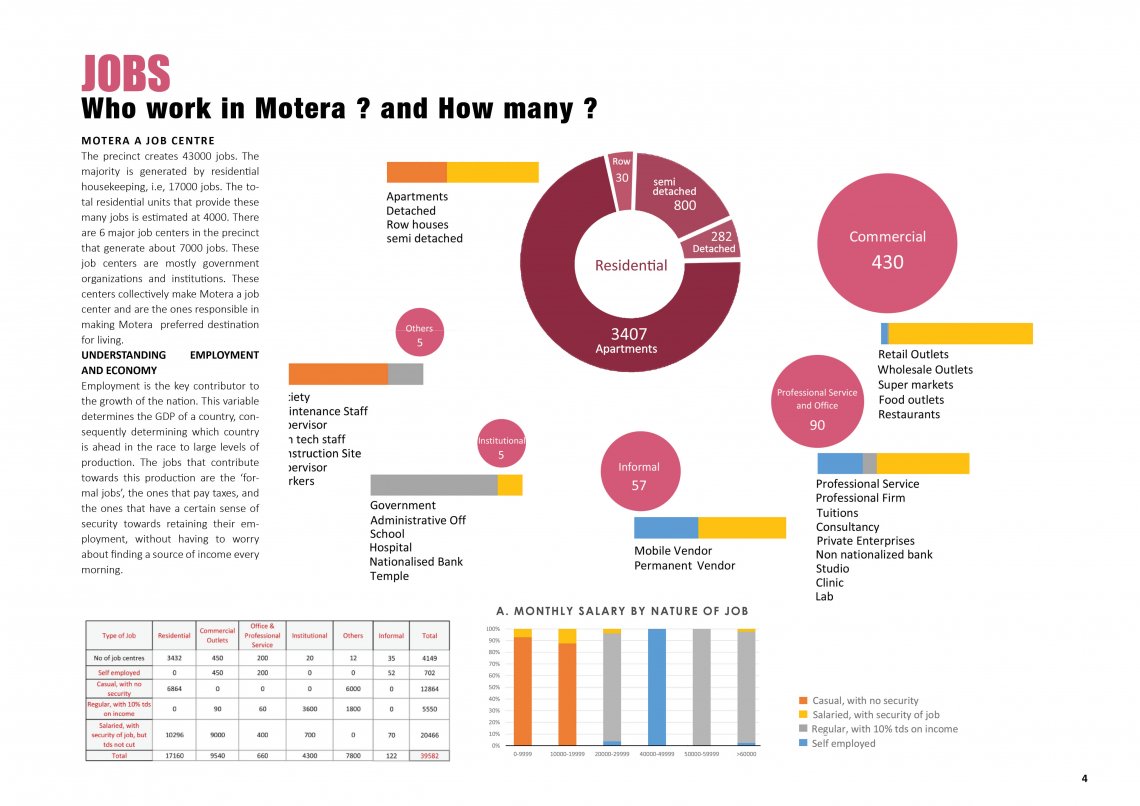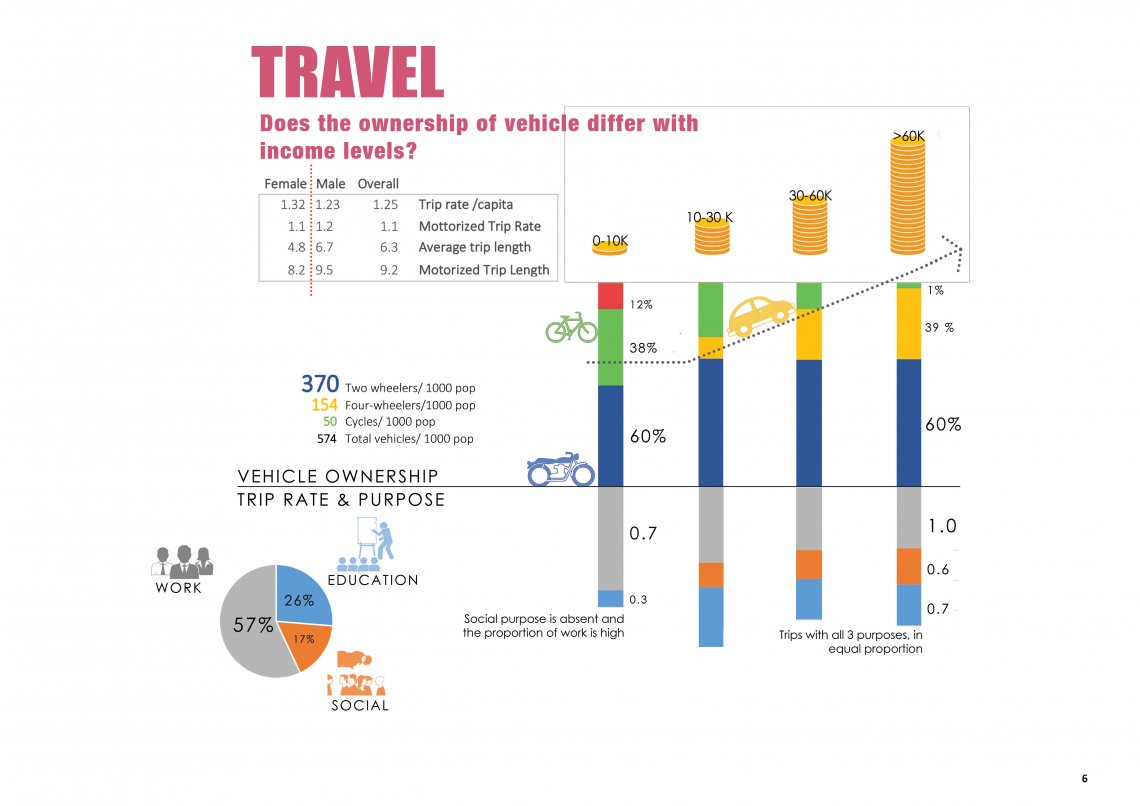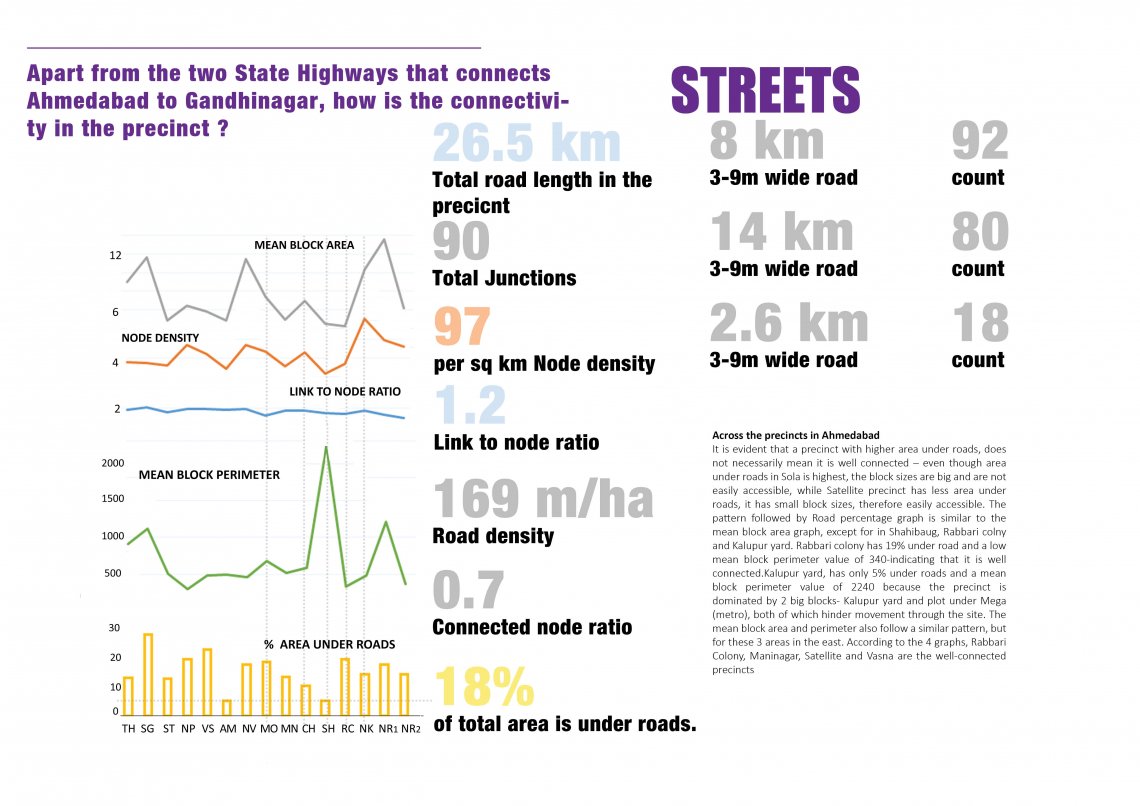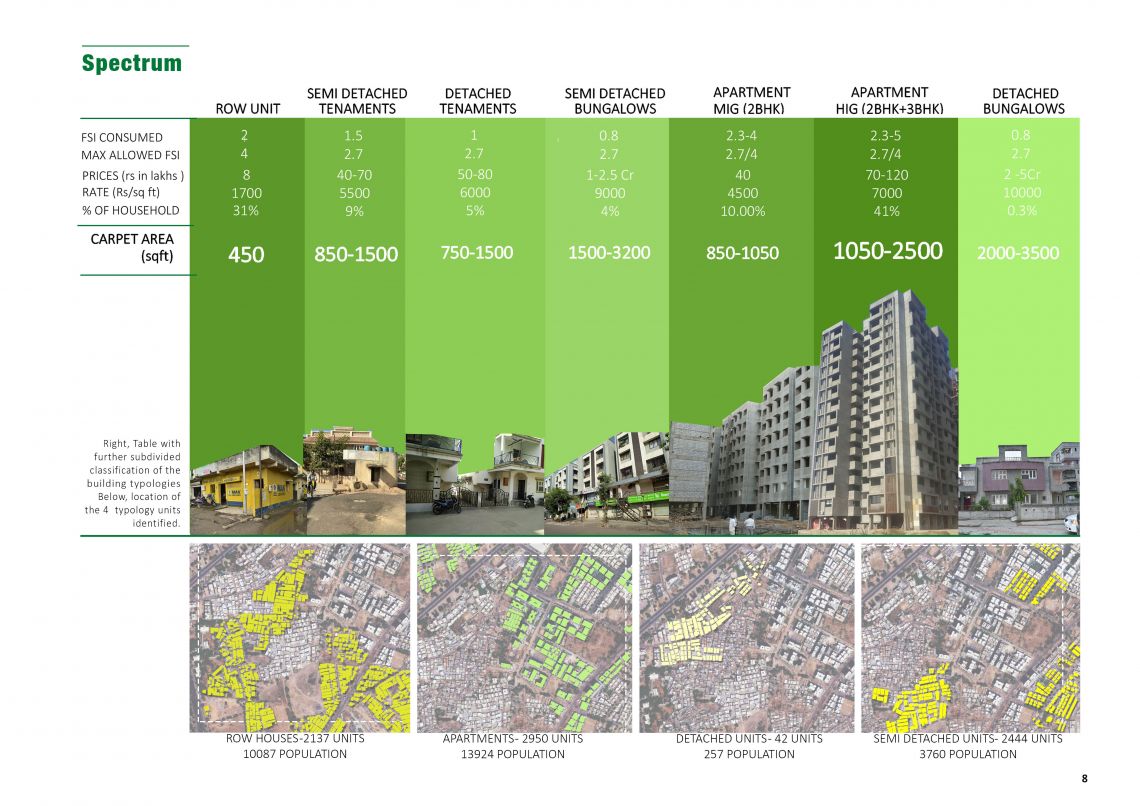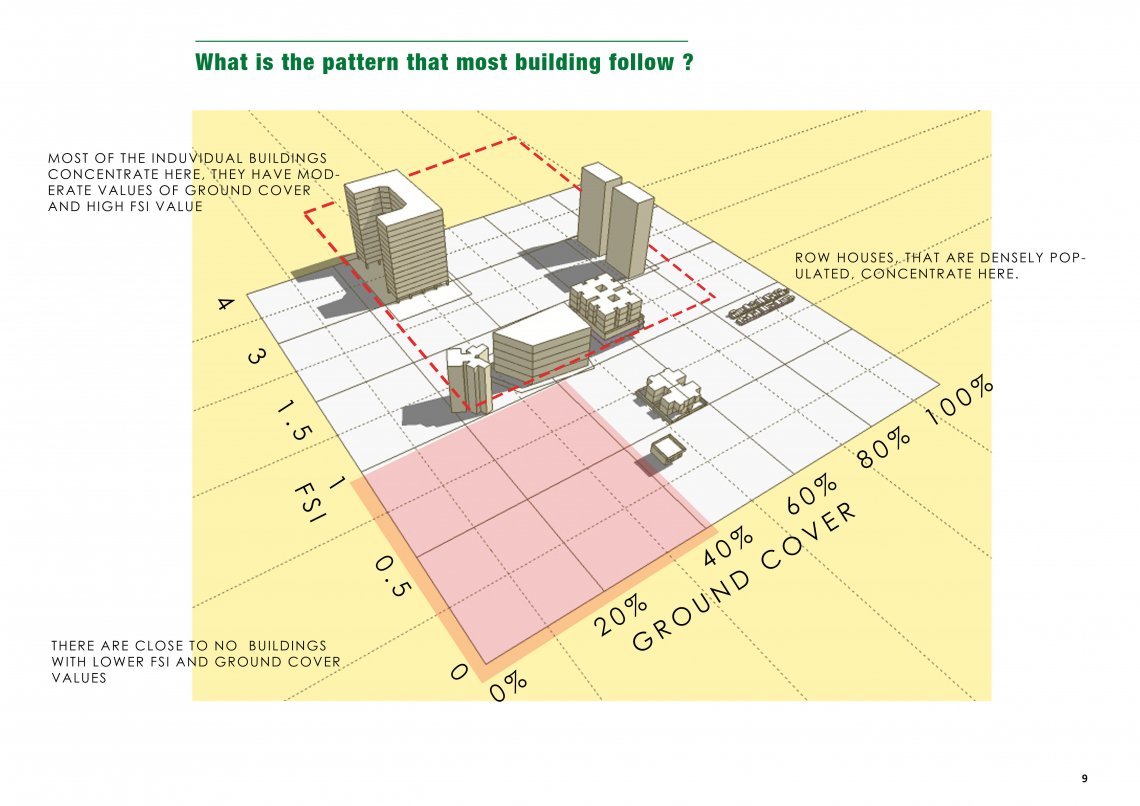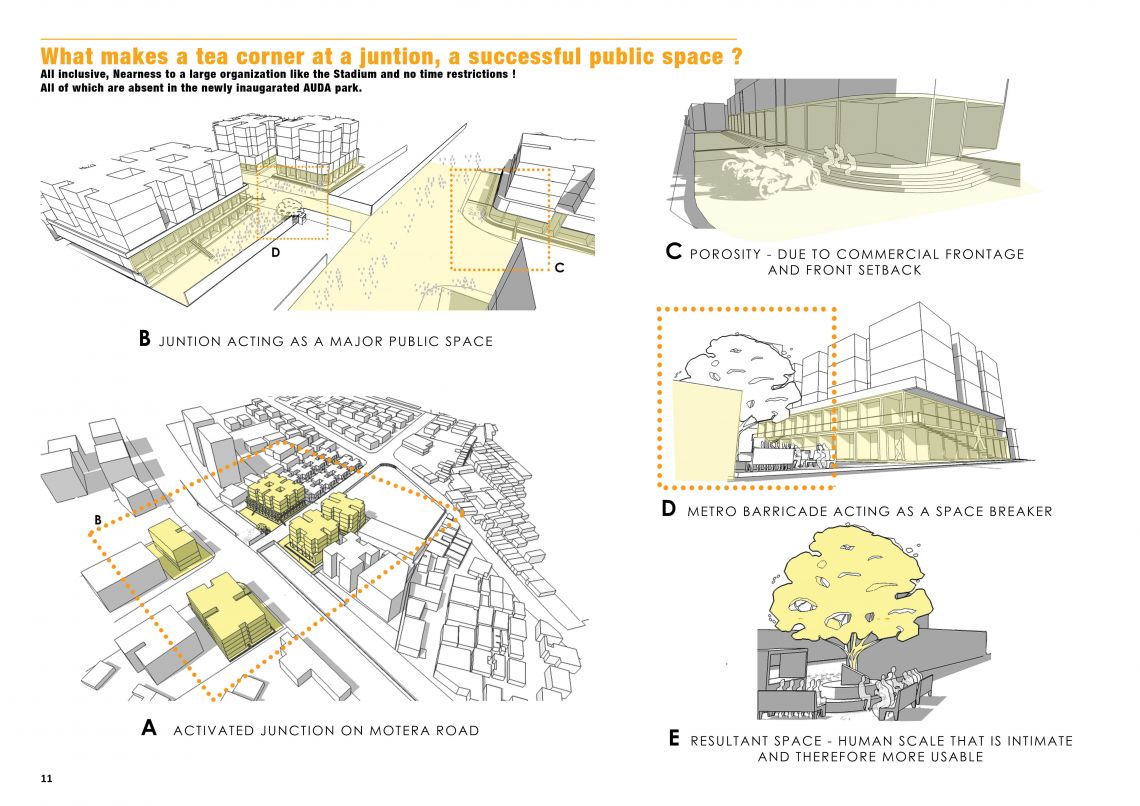Your browser is out-of-date!
For a richer surfing experience on our website, please update your browser. Update my browser now!
For a richer surfing experience on our website, please update your browser. Update my browser now!
https://issuu.com/sakshireddyrv/docs/wert-compressedThe portfolio is a summary of what I have learnt, in the first semester of Planning from the foundation Studio and economics class. It is difficult to exclude a subject like Economics, at a time when nobody can deny the harsh truth of Urbanist Alain Bertaud’s essay, on the City, being a labour market and nothing else.
What does Planning mean? What is the scope of planning professionals and professionals, from the overlapping subjects in a developing country like India? Would it vary in country like China, the US or Dubai?
India calls itself a government regularized free market. The term “government regularized “adds a whole new meaning to the phrase free market. Just two decades back, India moved from being a state-led welfare economic model to a market driven one. Neo liberalism principles have long replaced Nehru’s welfare state economic reforms. Nehru’s “Real India” was set in the village, where the organizing principles were “the autonomous village community, caste and joint family”. With 34% of the population living in the cities, which is estimated to increase to 50% by the year 2050, the contemporary India lies in the city. The city is where capital, land and goods are exchanged in the market. Free market ensures distribution of resources, in a fair and just manner. The role of the state is restricted to, one, protecting private property from theft and other unjust practices, two, maintaining a fair market place. But this leads to radical inequalities between the rich and the poor! Would it be fair if all the public parking spots are made payable on first come first basis, what about the physically disabled who are at a disadvantage and might take more time to reach the spot? Would it be ok for a business man to pay a fine, and to be able to get away with parking his car on a reserved parking spot meant for the physically handicapped? The first one is a planning question while the second is a question of morality, the line separating them being pretty thin.
The role of a regulatory authority therefore is a pretty big one. The most important task being, rationing of resources and basic necessities in a just and equitable way amongst its citizens. Quite often the most important task of a planner is to allocate more resources to the weak and deprived sections of the society. In a country of 1.3 billion people, how does one know who are the most deprived? How would one differentiate between poor and very poor people? Therefore, categorizing people into recognizable groups is crucial, likewise categorizing land, jobs, etc. becomes imperative to be able to run a country equitably. Consequently, it becomes important to study the context, understand its history, its society, its economic model, the primary trade, and all the aspects of the citizen’s life to understand why it does what it does.
